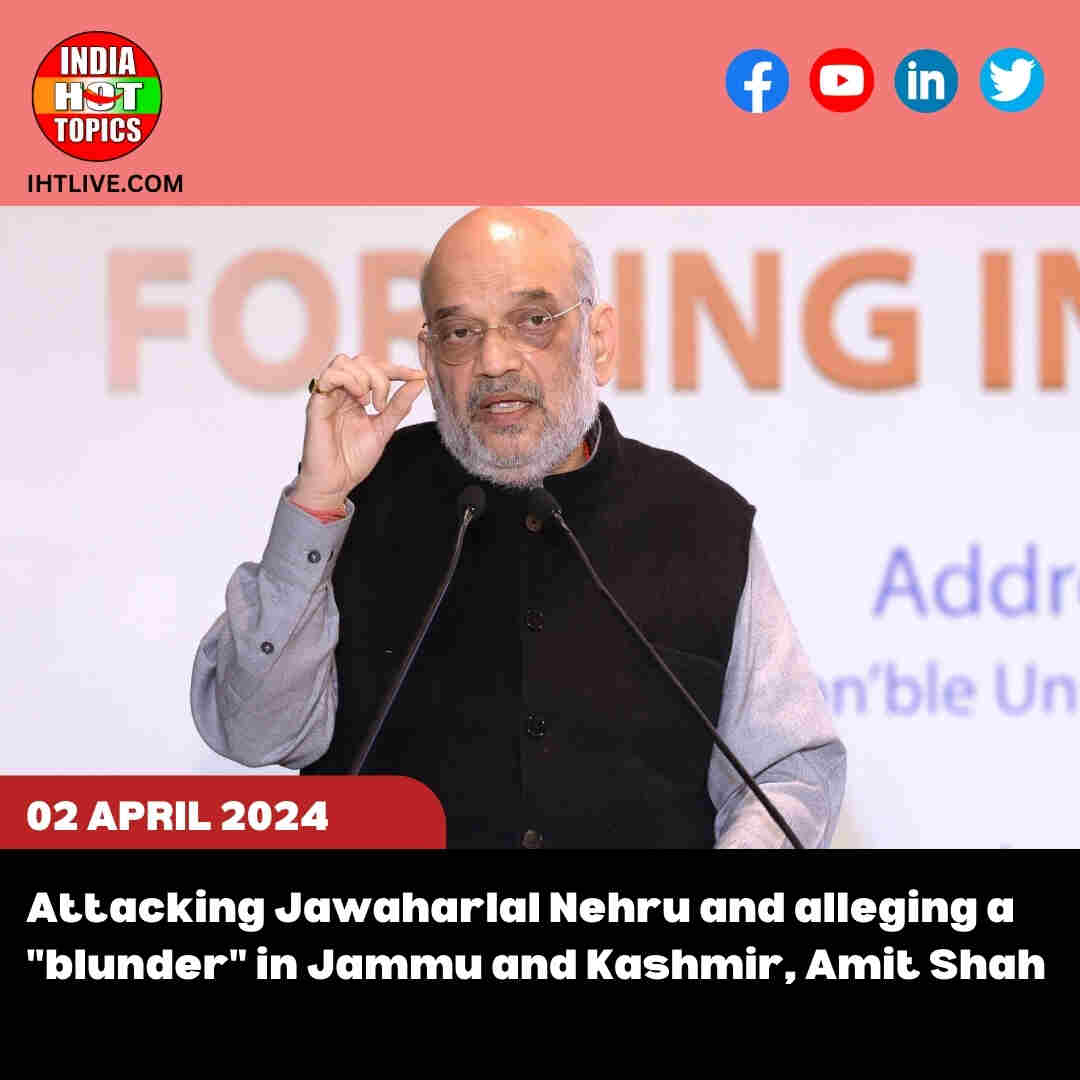lok sabha
Manipur debate prepared amid Lok Sabha uproar.
The Manipur Debate Amidst Lok Sabha Uproar: Unveiling the Importance of Democratic Discourse
In a vibrant democracy like India, the Lok Sabha, the lower house of Parliament, serves as the battleground for discussions and debates on crucial national issues. Recently, amidst an uproar in the Lok Sabha, a debate on the state of Manipur took center stage, inviting attention from citizens and political pundits alike. In this blog, we delve into the significance of the Manipur debate, the reasons behind the uproar, and the importance of democratic discourse in shaping the nation’s future.
- The State of Manipur: Manipur, a northeastern state of India, is a region of immense cultural and historical significance. Nestled amidst lush greenery and picturesque landscapes, the state is home to diverse communities, each contributing to its unique identity. However, like other parts of the country, Manipur faces its share of challenges and aspirations, making it a topic of critical discussion within the Parliament.
- The Uproar in the Lok Sabha: The Lok Sabha, known for its spirited and passionate debates, occasionally witnesses moments of uproar and heated exchanges. In such an environment, the Manipur debate was called upon, igniting interest among citizens and political observers. The uproar reflected the deeply vested interests and emotions of parliamentarians, showcasing the importance of the issue at hand.
- Addressing Regional Concerns: Debates on states like Manipur provide an opportunity to address the specific concerns and aspirations of the region. As the elected representatives of the people, members of Parliament have a responsibility to advocate for the interests of their constituencies and contribute to the welfare and development of every state in the country.
- Strengthening Democratic Discourse: Democratic discourse is the foundation of a robust democracy, where diverse voices and opinions can be expressed freely. The Manipur debate exemplifies the essence of democratic governance, where parliamentarians can present their viewpoints, engage in discussions, and work towards finding common ground on important issues.
- The Role of Citizens: The Manipur debate also serves as a reminder to citizens of their crucial role in a democratic system. Engaged and informed citizens can closely follow such debates, voice their concerns, and actively participate in shaping the nation’s policies and direction. A well-informed citizenry is essential for a healthy democracy, as it holds elected representatives accountable and ensures inclusive governance.
The Manipur debate amidst the uproar in the Lok Sabha underscores the significance of democratic discourse in a diverse and democratic country like India. The spirited exchanges and passionate discussions reflect the genuine concerns and aspirations of parliamentarians and citizens alike. As the debate unfolds, it presents an opportunity to address regional issues and work towards a united and inclusive nation. As citizens, we must actively engage in democratic processes, follow such debates, and contribute to the growth and development of our country. The Manipur debate is not just a parliamentary event; it is a reflection of the strength and resilience of India’s democratic fabric.
General News Platform – https://ihtlive.com/
Entertainment News Platforms – anyflix.in
Construction Infrastructure and Mining News Platform – https://cimreviews.com/
Podcast Platforms – https://anyfm.in/
ELECTION
Rohit Pawar states that “Lok Sabha elections could be held in December because” amid the NCP crisis.
Rohit Pawar’s Insights on Possible December Lok Sabha Elections Amidst NCP Crisis
The political landscape in India is always dynamic, and recent statements made by Rohit Pawar, a prominent leader of the Nationalist Congress Party (NCP), have sparked speculation about the timing of the Lok Sabha elections. Pawar’s suggestion that the elections could take place in December has drawn significant attention, especially against the backdrop of the ongoing NCP crisis. In this blog post, we delve into the details surrounding Pawar’s statement and explore the potential implications of holding Lok Sabha elections during this period of political uncertainty.
The Nationalist Congress Party, a key political force in Maharashtra, is currently facing internal challenges and a period of turbulence. The party, which has been instrumental in shaping the state’s politics, is navigating internal divisions and power struggles. These issues have given rise to speculation about the party’s future and the potential impact on the larger political landscape.
In a recent interview, Rohit Pawar, a young and influential leader within the NCP, expressed his view that the Lok Sabha elections could be held in December. While his statement is not an official announcement, it has ignited discussions and debate among political analysts and observers. Pawar’s suggestion has been interpreted as a reflection of the current political climate and the need to address the NCP crisis in a timely manner.
If the Lok Sabha elections were to be held in December, it would mark a significant departure from the traditional election cycle. The usual practice is to hold general elections every five years, with the last Lok Sabha elections taking place in 2019. Advancing the elections to December would have implications for both the political parties and the electorate.
- Political Parties: The NCP crisis could potentially influence the decision to hold early elections. By doing so, the party could aim to resolve internal conflicts, project a united front, and regain voter confidence. Additionally, other political parties would need to strategize and adjust their campaign plans accordingly.
- Electorate: Holding Lok Sabha elections in December would require voters to engage in the electoral process during the winter season, which may have implications for voter turnout. Parties would need to work harder to mobilize voters, particularly given the festive season and potential weather challenges.
The NCP crisis and the potential December elections raise questions about political stability and effective governance. While elections are an integral part of a democratic system, the timing and circumstances surrounding them can significantly impact the overall functioning of the government. It is crucial for all political stakeholders to prioritize stability and ensure a smooth transition of power, should it occur.
Rohit Pawar’s statement about the possibility of holding Lok Sabha elections in December amidst the NCP crisis has triggered discussions and speculations within the political sphere. The decision to advance the elections, if taken, would have far-reaching implications for political parties and the electorate. It remains to be seen how the NCP crisis unfolds and whether the suggested timing of the elections becomes a reality. As political dynamics continue to evolve, it is crucial for all stakeholders to prioritize stability, effective governance, and the democratic process.
Group Media Publications
General News Platform – https://ihtlive.com/
Entertainment News Platforms – anyflix.in
Construction Infrastructure and Mining News Platform – https://cimreviews.com/
Podcast Platforms – https://anyfm.in
-
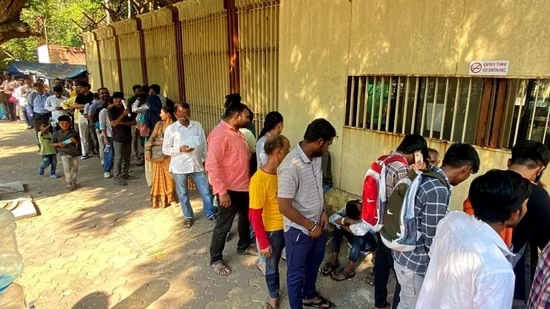
 India5 months ago
India5 months agoThe afternoon briefing revealed that 97.26% of the ₹2000 notes were returned, and the Israeli Prime Minister committed to war goals.
-
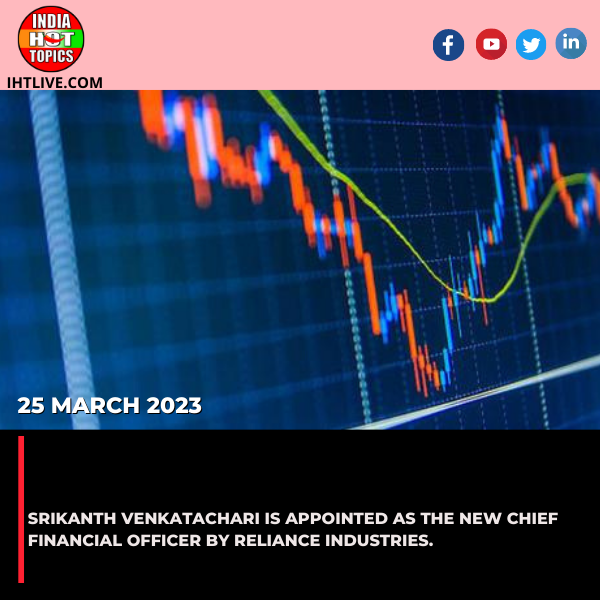
 Business1 year ago
Business1 year agoSrikanth Venkatachari is appointed as the new chief financial officer by Reliance Industries.
-
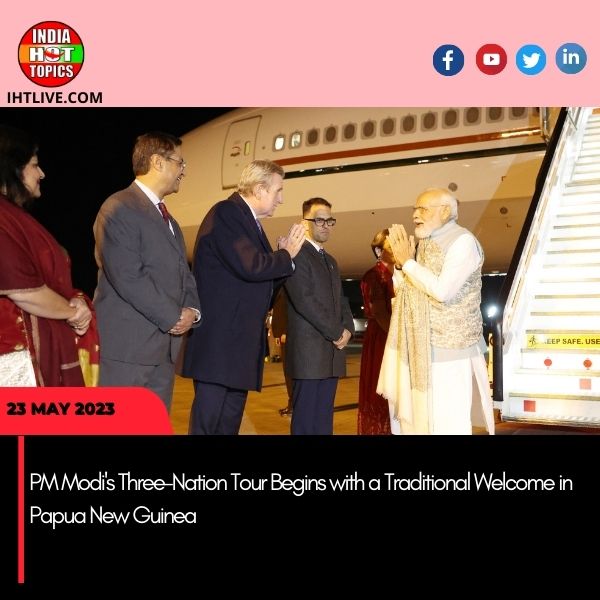
 India11 months ago
India11 months agoPM Modi’s Three-Nation Tour Begins with a Traditional Welcome in Papua New Guinea
-

 Entertainment10 months ago
Entertainment10 months agoNew Season 8 The Walking Dead trailer flashes forward in time
-

 Fashion7 years ago
Fashion7 years agoThese ’90s fashion trends are making a comeback in 2017
-

 India Hot Topics9 months ago
India Hot Topics9 months agoIndian Lab Owner Imprisoned for Nearly $500 Million Genetic Test Scam.
-
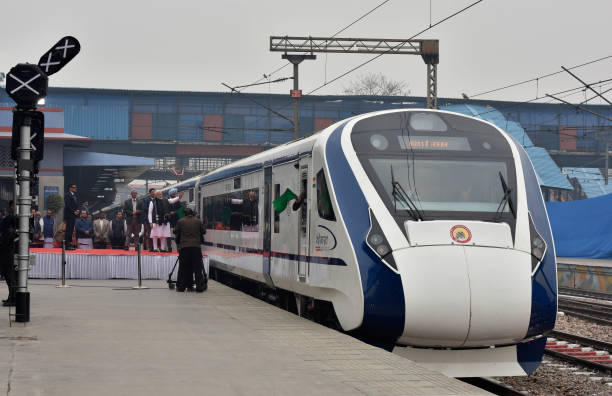
 India11 months ago
India11 months ago3 Vande Bharat Trains, An E-way: MP’s Infra, Connectivity Projects on Fast Track ahead of Assembly Polls
-

 India Hot Topics9 months ago
India Hot Topics9 months agoCenter ‘busts’ 8 YouTube channels for distributing false information.


